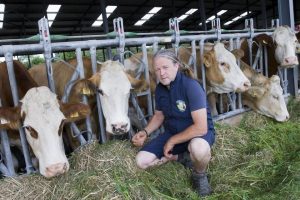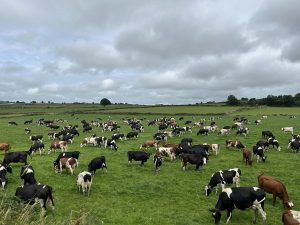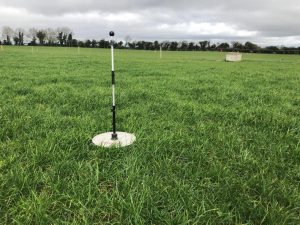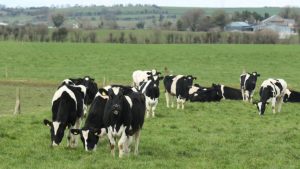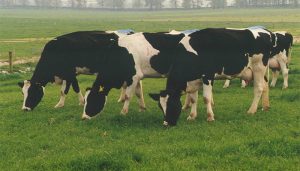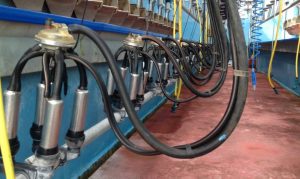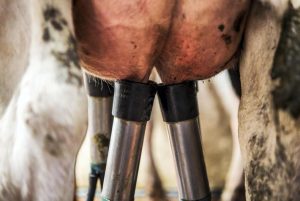
Some dairy processors are grappling with “tenfold” increases in energy bills, while meat factories are reporting “fourfold” electricity and gas cost hikes on this time last year.
Farm leaders, meanwhile, expect total electricity expenditure on average-sized dairy farms to double to €15,000 for 2022.
It comes as the sector mounts pressure on Government to provide additional supports under Budget 2023.
Joe Ryan of Meat Industry Ireland said: “Like all business sectors, the meat processing industry is struggling to manage exceptional energy costs. Some companies are reporting a fourfold increase in their energy costs on this time last year. This is not sustainable, especially given the low margin nature of meat processing.
“Additional state supports in Budget 2023 will be needed to help businesses through this challenging period.
“In the longer term, to address high levels of energy inflation and deliver large scale emissions reductions in the processing sector, SEAI supports must be expanded and made more accessible.”
Conor Mulvihill of Dairy Industry Ireland said the processing industry has taken on “exponential energy cost rises” alongside other input supply costs since the outbreak of the Ukraine war.
“There has been severe margin destruction in the businesses as commodity price increase have kept pace with energy increases that in some cases have increased tenfold. Dairy and specialised nutrition processing is a critical industry both for consumers in Ireland and national exports.”
“Internally all members have engaged in examining mitigation options in line with requirements for the various processing sites around the country.
“As an industry with a high thermal load demand, options are limited and many of our sites for climate efficiency reasons are gas dependent.
“Options such as the use of fuel oil alternatives are not only limited but they are also more emissions intense.
“In line with declining milk supply as we drop off peak, our energy demand in the industry will also decline.
“While this is fortunate, any break in supply will continue to be highly challenging for the industry as we try to maintain fresh staples for Irish consumers on the shelves.”
Despite a strong price for milk, an IFA spokesperson said CSO figures show inputs are rising at a faster rate.
“Aggregate agricultural output prices rose 28pc in May vs 2021 levels, but aggregate input prices rose by over 41.6pc, with higher increases in certain fertilisers (+210pc) and feed (+48pc); fuel (+56pc); and electricity (+41pc).”
“Of particular concern is the impact on liquid milk producers who supply milk on a year-round basis. They will be hit very hard by the latest increases. We have pointed out to retailers that if they do not return a viable price to producers, then consumers cannot be guaranteed a 12-month supply of fresh milk.”





